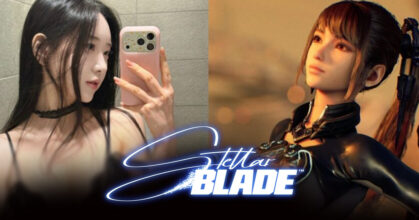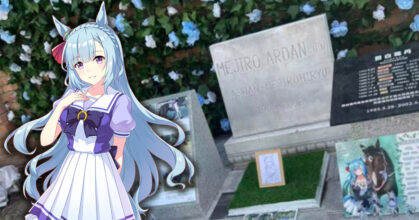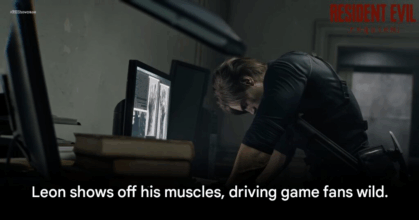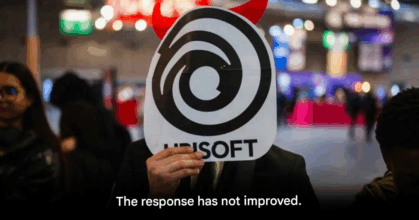Capcom Unveils Fan Content Guidelines for Creators

Capcom has formally announced its Fan Content Guidelines, permitting fans to create derivative works such as fan art, manga, fan-made games, short stories, 3D models, music remixes, cosplay and videos based on its intellectual property. The company emphasises that the works must contain new creative input and should not simply use or replicate original game assets. It explicitly states that creators must label the work as a derivative, for example with the phrase “This work is a derivative work.” Use of the copyright symbol “© CAPCOM” is prohibited because it may mislead audiences into believing the work is official.

The guidelines clearly prohibit commercial use of IP-based content beyond the scope of small hobby sales. Capcom defines acceptable hobby-scale sales as events such as small self-published doujin comics or handmade merchandise sold at fan events. It reserves the right to evaluate whether sales exceed hobby scale and may request cessation of distribution if the scale crosses into commercial territory. Among the forbidden use cases are: badges of official status; pornographic or immoral content; topics involving politics, religion, or extremism; defamation or infringement of third-party rights; any work that could be mistaken for an official Capcom product; misuse of company or game reputation; and direct duplication of the company’s games or merchandise.
- Commercial use (apart from small hobby cases).
- Pornographic, obscene, or contrary to public morals.
- Content that alludes to politics, religion, or extremist ideologies.
- Content that defamatory or infringes the rights of third parties.
- The misleading work is Capcom’s official work.
- Content that damages the reputation of the company or its affiliated games.
- Direct reproduction of a game or company merchandise.
The guidelines apply only to individuals or non-commercial fan groups and exclude corporate or commercial entities. Capcom states it may modify the guidelines at any time without prior notice and it is not liable for any damage incurred from such changes. This move signals Capcom’s willingness to support fan creativity rather than suppress it while still protecting its brand and IP rights. For Southeast Asia and global creators this is a positive step toward recognition of fan community contributions.
THIS IS our take
It’s refreshing to see a major publisher step back and let fans breathe a little easier with their creative projects. The balance between freedom and protection is tough, but Capcom’s guidelines show respect for fan labs and hobby creators—here’s hoping more studios follow. Let your creativity run wild, friends #thisisgamesea
origin: capcom





